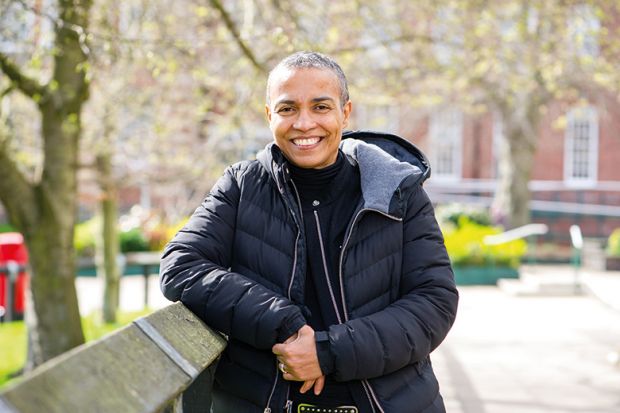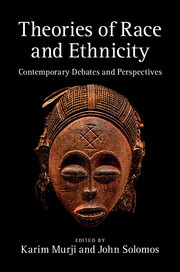Interview with Shirley TatePosted in Articles, Campus Life, Caribbean/Latin America, Interviews, Social Science, United Kingdom on 2017-04-30 01:42Z by Steven |
Times Higher Education
2017-04-27
John Elmes, Reporter
We discuss realising what it means to be black in the UK, dealing with insomnia, and institutional racism in the academy, with the renowned race and black identity scholar
Shirley Tate is a cultural sociologist and researcher in the areas of institutional racism and black identity. Previously an associate professor in race and culture at the University of Leeds, she took up a new role as professor of race and education – the first of its kind in the UK – at Leeds Beckett University in April.
Where and when were you born?
In Spanish Town, Saint Catherine, Jamaica, in March 1956.
How has this shaped you?
I was brought up in Sligoville, which was the first free village in Jamaica set up after the enslaved population were granted full freedom in 1838. Being a black African-descent Jamaican is still pivotal to me in terms of how I identify as a person. I was very fortunate to be brought up there at a time of independence, Black Power, a resurgence of Rastafarianism and, with it, Garveyism. It was during this time that my cousin gave me a copy of Frantz Fanon’s Black Skin, White Masks. I always look back at this as a really important moment in my coming to awareness as black and Caribbean because it helped me to understand how colonialism continued to work in the Western hemisphere for black people, people of colour and white people. Jamaica became independent from the British Empire in 1962, so I was British for five and a half years, then became Jamaican and then became a naturalised British citizen in the 1980s. I left Jamaica in 1975 for the UK, which was a very difficult transition. For the first time, I really realised what it meant to be a black person in a white country. I was really taken aback the first time that I was asked, by a seven-year-old mixed-race girl, whether I was “half or full”, meaning was I mixed race or not. For her, that was an important way to judge whether she had a connection with me. I was also asked by my boss, in the first job I had in the UK, where I had learned to speak and write such good English and was “complimented” by being told that I didn’t sound at all Jamaican. I cling to my Jamaican accent with a vengeance, so I didn’t feel the compliment…
Read the entire interview here.


